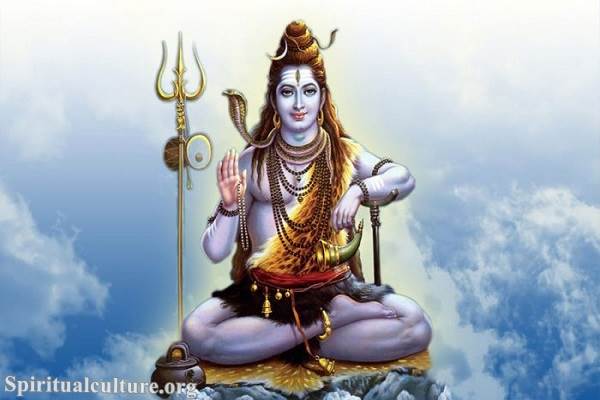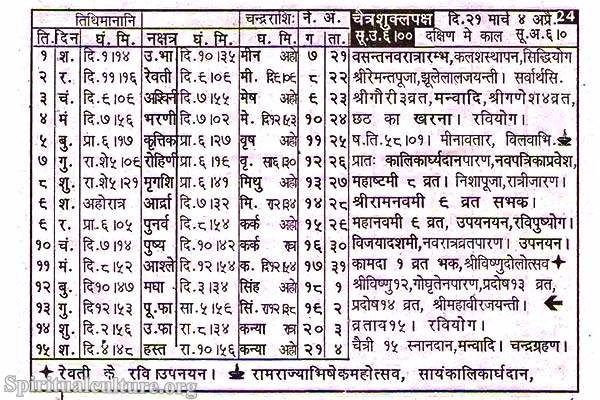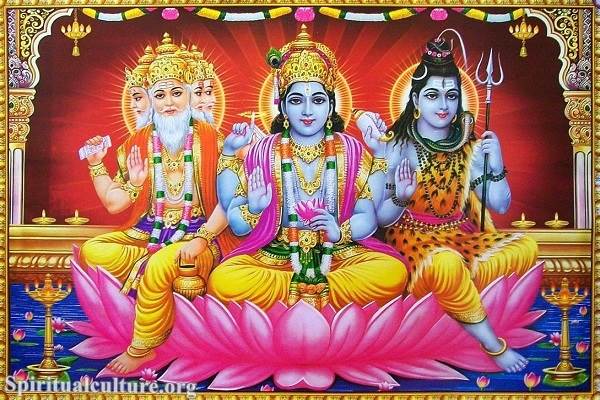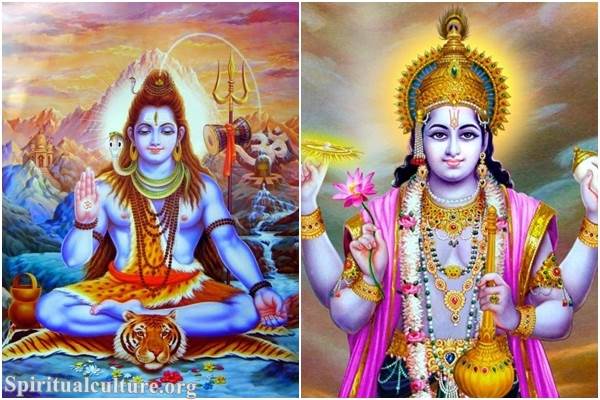Hinduism is a complex and ancient religion with a long and varied history. It is the dominant religion of India and Nepal and has a significant presence in other parts of South and Southeast Asia.
Hinduism is a polytheistic religion with a vast pantheon of deities believed to embody various aspects of the divine.
The origins of Hinduism are difficult to trace, as the religion has evolved over thousands of years and has been influenced by various cultural and philosophical traditions. Hinduism has no founder or central text, and its teachings and practices have developed and evolved through continuous revelation and interpretation.
The earliest evidence of Hinduism dates back to the Indus Valley Civilization, which flourished in modern-day Pakistan and northwest India between 2500 and 1900 BCE. The Indus Valley Civilization was a highly developed society with a sophisticated government, religion, and social organization system. The religion of the Indus Valley Civilization is not well understood. Still, it is believed to have had a pantheon of deities and been centered around worshiping natural forces, such as the sun, moon, and elements.
Over time, Hinduism absorbed and synthesized various ideas and practices from other religions and philosophical traditions, including Buddhism, Jainism, and the Vedic tradition. The Vedas, a collection of sacred texts considered the foundation of Hinduism, were composed between 1500 and 500 BCE. The Vedas contain hymns, prayers, and rituals that are still an important part of Hinduism today.
During the Gupta Empire (320-550 CE), Hinduism began to take on its classical form with the development of the caste system and the emergence of the major Hindu deities, such as Shiva, Vishnu, and Devi. The Gupta Empire was also a period of great cultural and artistic achievement, and Hinduism played a central role in the development of literature, art, and architecture during this time.
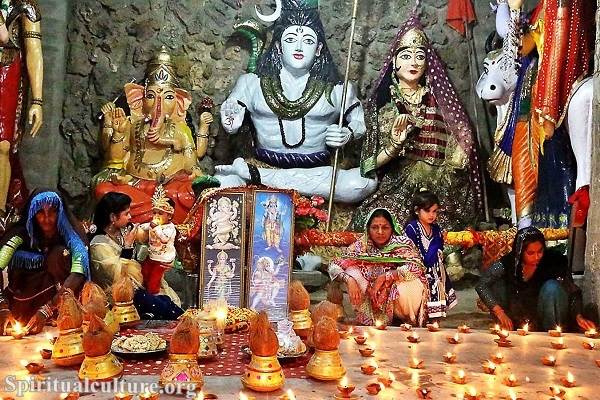
During the medieval period, Hinduism faced several challenges, including Islam’s spread and the European colonial powers’ arrival. Many Hindus resisted these external influences and sought to preserve and strengthen their traditions.
In the centuries that followed, Hinduism continued to evolve and spread within India and beyond. It has been influenced by various cultural, philosophical, and religious traditions and has given rise to several different sects and schools of thought.
In the 19th and early 20th centuries, Hinduism was shaped by several important social and political movements, including the Indian independence movement and the rise of Hindu nationalism. The independence movement, led by figures such as Mahatma Gandhi, sought to free India from British colonial rule and to establish a secular, democratic state. The rise of Hindu nationalism, on the other hand, was fueled by a desire to protect and promote Hindu culture and values in the face of perceived threats from other religions and cultures.
Since India’s independence in 1947, Hinduism has continued to evolve and adapt to modern India’s changing social, political, and cultural landscape. It remains a central part of Indian society and culture and is practiced by millions worldwide.
Hinduism is diverse and multifaceted religion, and there is no one way to describe or define it. It is characterized by a belief in a supreme being, a cycle of reincarnation, and the importance of living a virtuous and ethical life. Hinduism also places a strong emphasis on the spiritual realization of the individual and the pursuit of enlightenment. It is a religion that is open to interpretation and has no single founder or central authority. As a result, it has a rich and varied history and has been influenced by a wide range of philosophical and cultural traditions.
Today, Hinduism is a diverse and multifaceted religion with millions of followers worldwide.
